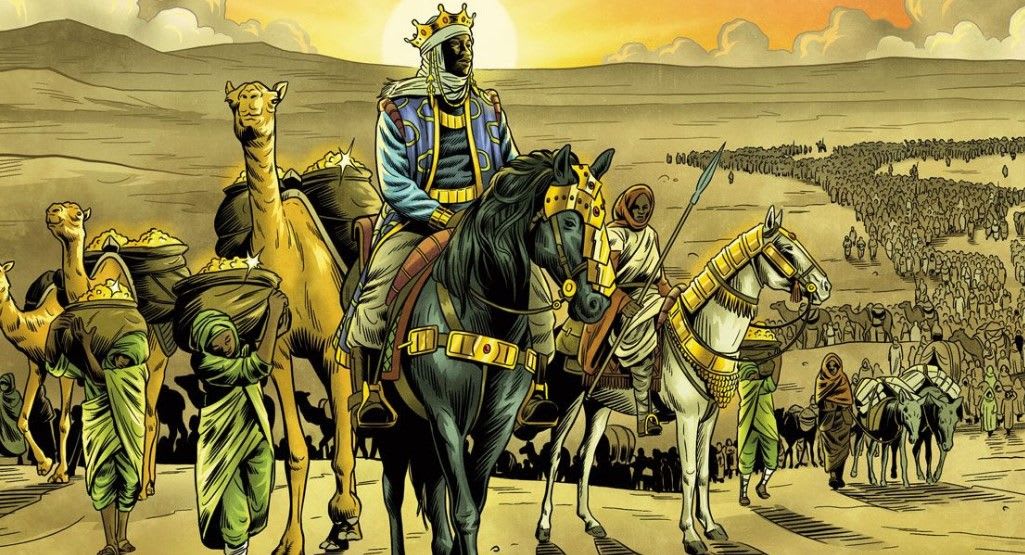In a bid to calm imminent conflicts between emerging imperial power Germany, France, and Belgium over the European race for colonialism in Africa, Chancellor of Germany Otto von Bismarck called 14 countries in 1884 to be a part of what was called the Berlin Conference. One of the intentions for the Berlin Conference was to ascertain the regions in which each country had sovereignty over.
Belgium's King Leopold II emerged as the sole ruler of one of the most contested territories: the Congo. How did the leader of a small country that was not considered a great imperial power attain the rights to a territory the size of multiple European countries combined?
The Congo's lesser explored and untouched region became a hot commodity due to its vast land and strategically valuable territories and resources. King Leopold would fulfill his desire to acquire a colony of his own by attempting to gain control of this region.
He used many tricks to make his ambitions a reality, including attempting to legitimize his desire to conquer the Congo by organizing a conference in Brussels in September 1876 with geographers, well-known explorers, anti-slavery activists, and distinguished Europeans in attendance. In addition, he fronted that his interest in the country was purely philanthropic, persuading attendees to endorse his conquest, establish the International African Association, and serve as its first chairman.
A few years later, he hired explorer and Journalist Henry Morton Stanley in 1879. Stanley spent five years surveying the Congo River Basin and setting up trading posts, building roads, and persuading local chiefs—almost all of them illiterate—to sign treaties with Leopold.
The treaties were always doctored to be in favor of Leopold's interests. They exploited the chiefs who did not know they signed over their territories to him.
Claims for the Congo region arose in the early 1880s. The French, who had gained control of a portion of it many years prior, and the Portuguese, who were the first between the three nations to enter this territory, forced King Leopold to ensure that the United States was on his side and recognized only his claim to the region. He further tried to recruit Bismarck, which proved unsuccessful. However, before the Berlin Conference, Bismarck changed his stance. He began to believe that it was best for the Congo to be under Leopold's rulership in exchange for Germany to trade freely in the new state.
By the time the Berlin Conference came, Leopold had a sure stake in the territory he wanted. He attained an astounding 2.4 million square kilometers of land. Furthermore, the Congo was transferred to his sole ownership, meaning Leopold did not own it as the king of Belgium. So he named his new colony the Congo Free State.
Without ever setting foot in Africa, King Leopold now owned one of the most sought-after territories. The leader of the country regarded as one of the least potent imperialists made his ambition to grow his colonial reach come true ultimately through deceit and delegation. It is pretty interesting how colonial powers used different methods and played on their different strengths to materialize their imperialist wishes. Unfortunately, the Congo under Leopold's rulership became a hub for gross human rights violations.










